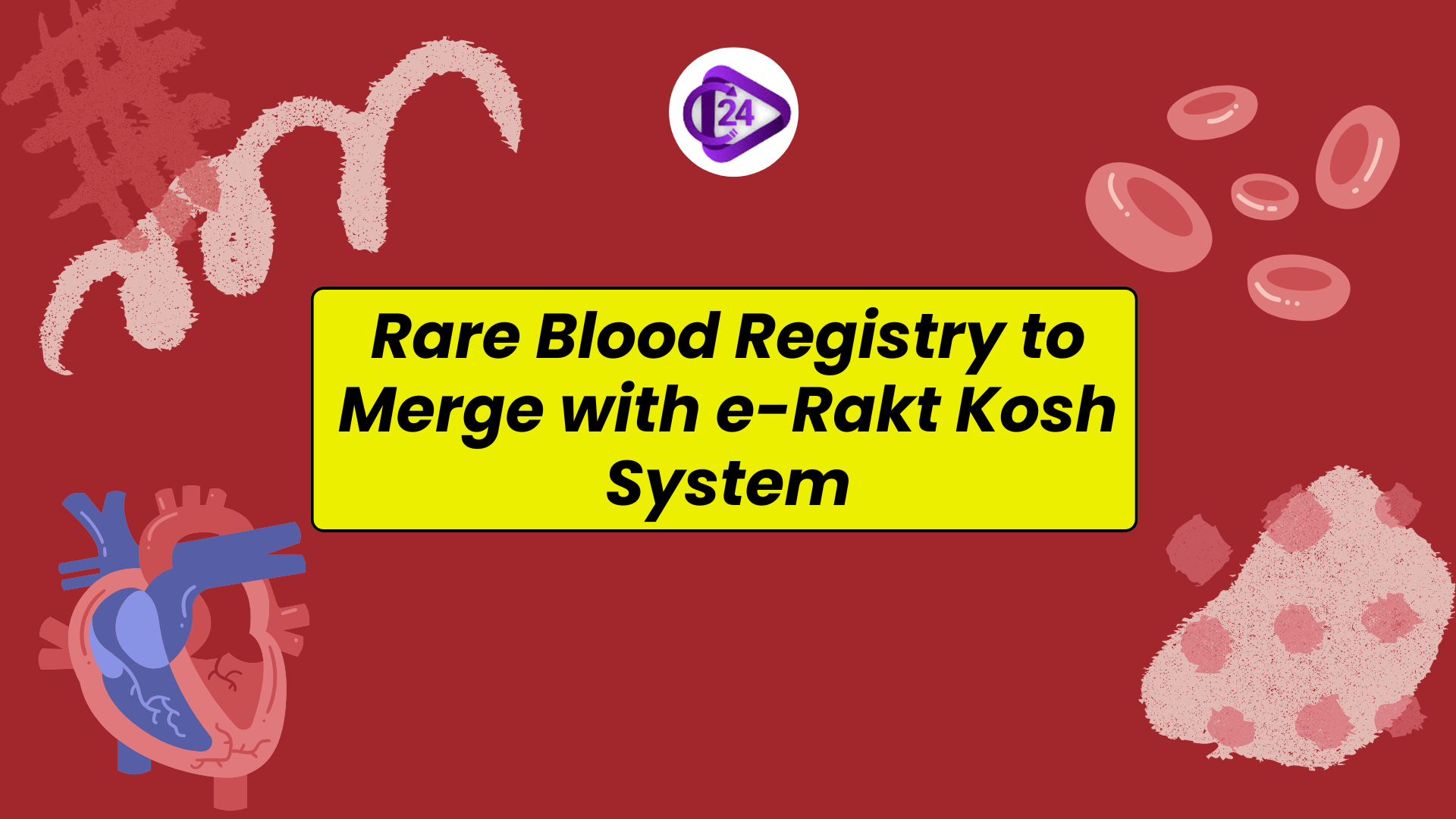
The Union Health Ministry has in a breakthrough decision of assisting individuals whose blood type makes the group rare plan to combine the Rare Donor Registry with the e-Rakt Kosh, the online system of monitoring blood banks in India. The purpose of this integration is to offer a centralized network to people, who require ultra-rare blood types like Bombay blood, P-Null, and Rh-null. It will facilitate the balancing of the blood and it will also aid the doctors in making quick judgments of finding the rightful shade of the blood when receiving someone. Indian Council of Medical Research (ICMR-NIIH) has designed the Rare Donor Registry with the objective to store the information of rare blood donors all over the country. What it still takes is to be able to retain a stable number of committed donors.
Context
-
India will incorporate the Rare Donor Registry in e-Rakt Kosh and this will simplify the search for rare blood types.
-
The reason to make this move is to have improved access to match blood and save lives in addition to effective running of blood banks.
Key Points
Important Milestones: Rare Blood Registry & e-Rakt Kosh Connection
Connection with e-Rakt Kosh
-
The e-Rakt Kosh platform is under implementation of National Health Mission (NHM) to integrate the Rare Donor Registry.
-
Will permit centralized access to rare blood group information as well as to available blood bank real-time data.
-
Will help to manage the blood stock better and feed the patients with rare blood types in time.
The discovery of Rare Blood Groups
-
Contains ultra- rare groups: Bombay blood group, P-Null, Rh-null.
-
Vital in cases of thalassemia and sickle cell disease whereby antigen-specific compatibility is essential.
-
Resorts to multiplex PCR and DNA analysis to identify donor quickly and precisely.
The Impact of Medical and Blood Donation
-
Accelerates the pace in finding the rare blood match that saves lives.
-
The innovation at the ICMR-NIIH has transformed intricate problem of blood search into a feasible solution
-
Opportunity: The driving force of any operation is a pool of donors that has to be maintained, motivated.
Low cost Diagnostic Development
-
Point-of-care tests established by ICMR-NIIH include low cost tests based on haemoglobinopathies such as sickle cell disease.
-
The price of the test kit was brought down by 50 % (i.e. 350/- to less than 50/-) so the savings to the government were approximately 1857 Crore.
-
Flanked by Health Technology Assessments (HTA) which are organized by DHR and ICMR-CRMCH.
India’s innovation in global sphere
-
The innovations of India in the diagnostics of hemophilia and haemoglobinopathies are becoming increasingly popular in the world.
-
The World Federation of hemophilia is exploring the visual card rapid test of India to use in low resource settings.
About Blood Groups Developments and concepts
What are Blood Groups?
-
Antigenic classification of red blood cells (RBCs) and classification of antibodies contained in plasma.
-
Important in blood transfusion, organ transplants, and blood match.
ABO System and Rh Systems
-
ABO Types:
-
A (A antigen, Anti-B antibody)
-
B (B antigen, Anti-A antibody)
-
AB (A&B antigens, No antibodies) - universal recipient
-
O (No antigens, Anti- A and Anti-B antibodies) => Universal donor
-
-
Rh Factor:
-
Rh+: D antigen positive
-
Rh-: D antigen
-
8 Blood Types; A,+, A, -, B,+, B, -, AB, +, AB, -, O, +, O, -
-
Blood Group Components
-
Antigens (on RBCs): Type blood
-
Antibodies (in plasma): destroy antigens that are incompatible
-
Plasma: transports antibodies, nutrients and hormones
-
RBCs: Transport oxygen that determines the blood type
Bloodventory & Ailments
-
Heart Disease: More prone to patients of type AB-B
-
Thrombosis: Non-O higher exceeded the risk of clotting
-
Malaria: There is partial protection by Group O
-
Ulcers/Cancer: Group O- ulcers, Group A- cancer of the gastric/pancreas
-
Autoimmune Diseases: AB associated with complexity of immunity
-
HDN: Rh- mother & Rh+ infant: possibility of an infant hemolysis
Rare And Newly Discovered Blood Groups
-
Lan, Jr, Vel, FORS and Er (found in 2022)
-
Transfusion complications can be caused by rare antigens
-
It is essential in personalized medicine and safety of transplants
Conclusion
The experience of uniting the Rare Donor Registry with e-Rakt Kosh will transform the situation with rare blood types in India, and the assisted people with such blood groups will better access the sources of life-saving. In addition to better management of blood banks, integration also enhances the fact that India is currently dedicated to its stewardship of cheaper and efficient healthcare overall, especially on the diagnostics and health improvement of rare blood reserves. The campaign of the country to make haemoglobinopathy screening more affordable worldwide can only strengthen the position of the country as a leader in the development of health technologies.



 Lt.-Gen. Pushpendra Singh Appointed as Vice-Chief of Army Staff
Lt.-Gen. Pushpendra Singh Appointed as Vice-Chief of Army Staff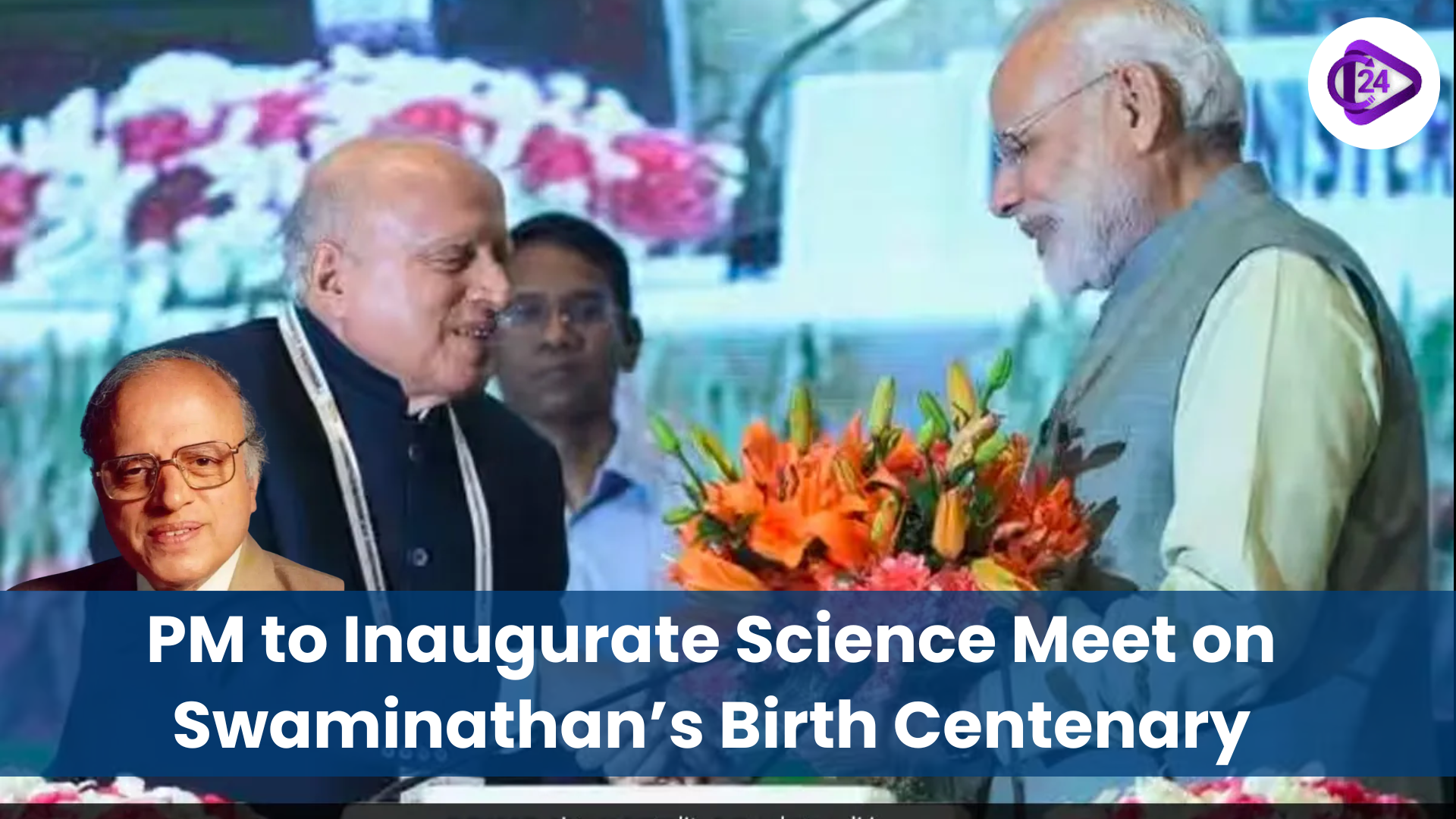 PM to Inaugurate Science Meet on Swaminathan’s Birth Centenary
PM to Inaugurate Science Meet on Swaminathan’s Birth Centenary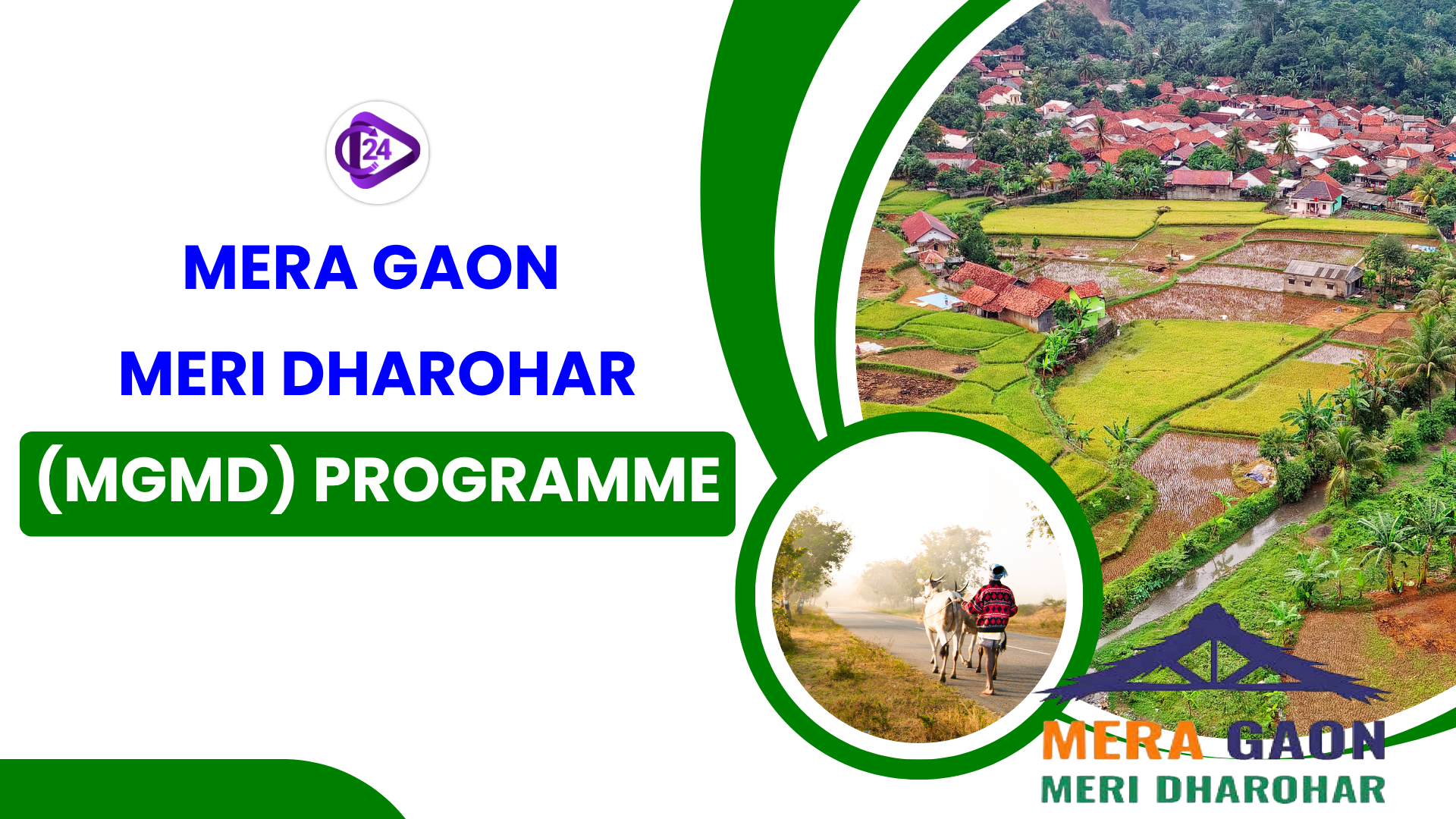 Mera Gaon Meri Dharohar (MGMD): Cultural Mapping for Rural Identity and Development
Mera Gaon Meri Dharohar (MGMD): Cultural Mapping for Rural Identity and Development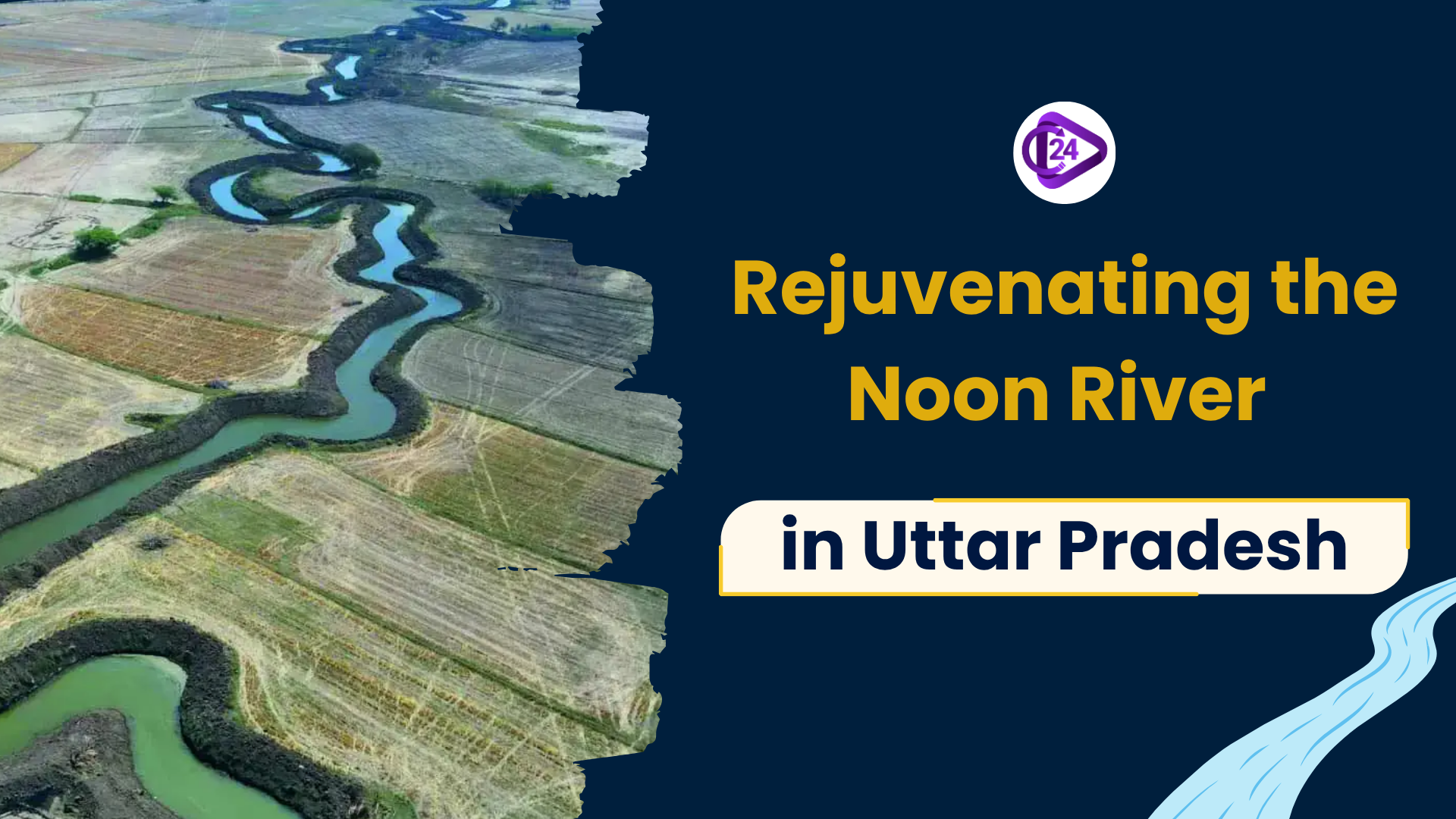 Rejuvenating the Noon River: A Model of Community-Led River Restoration in Uttar Pradesh
Rejuvenating the Noon River: A Model of Community-Led River Restoration in Uttar Pradesh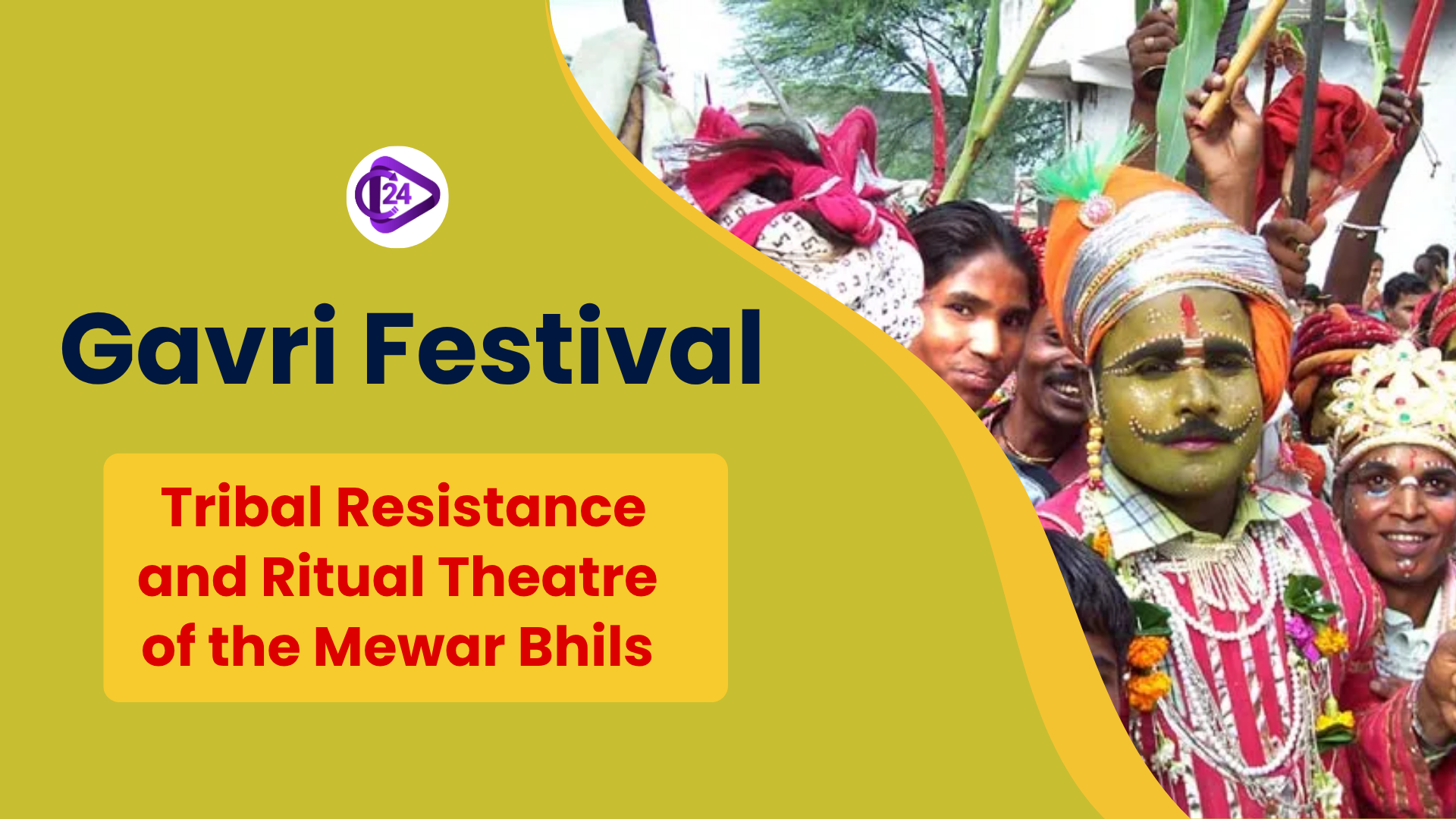 Gavri Festival: Tribal Resistance and Ritual Theatre of the Mewar Bhils
Gavri Festival: Tribal Resistance and Ritual Theatre of the Mewar Bhils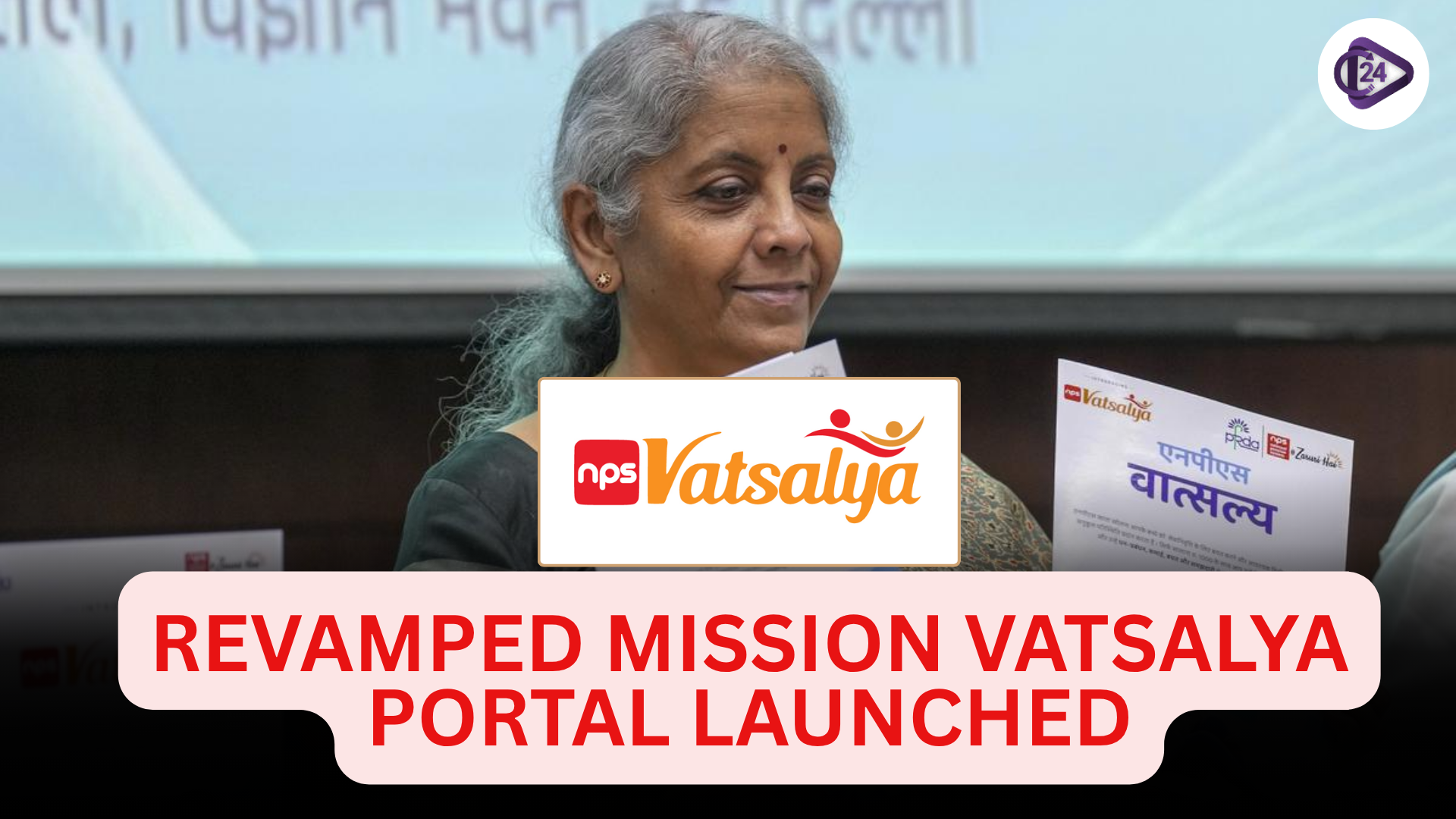 Mission Vatsalya Portal Relaunched to Strengthen Child Protection Services
Mission Vatsalya Portal Relaunched to Strengthen Child Protection Services Parliament Begins Process to Remove Justice Yashwant Varma
Parliament Begins Process to Remove Justice Yashwant Varma SC Amicus Seeks Exception for Consensual Sex Between Adolescents Aged 16–18
SC Amicus Seeks Exception for Consensual Sex Between Adolescents Aged 16–18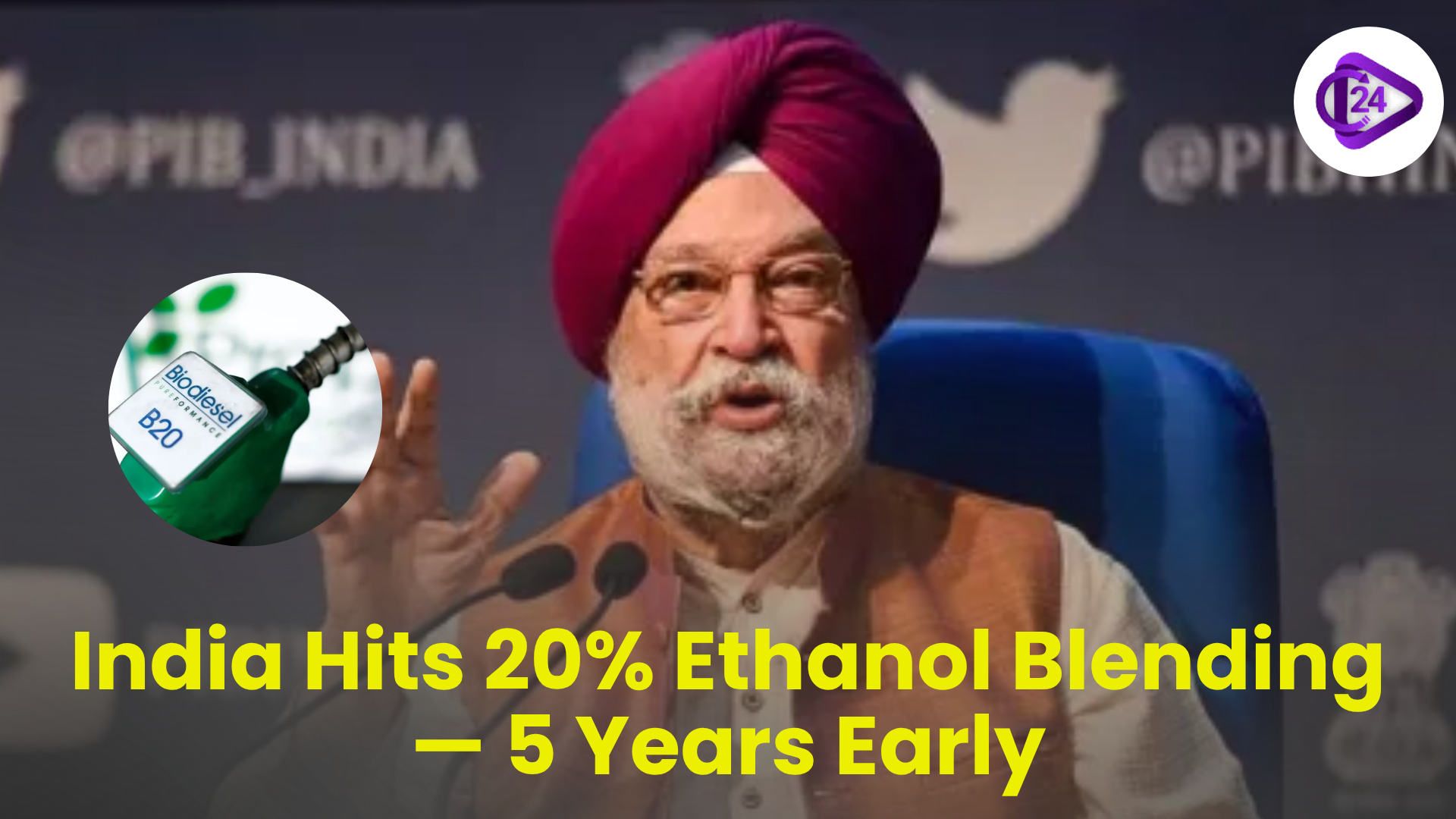 India Achieves 20% Ethanol Blending in Petrol — 5 Years Ahead of Target
India Achieves 20% Ethanol Blending in Petrol — 5 Years Ahead of Target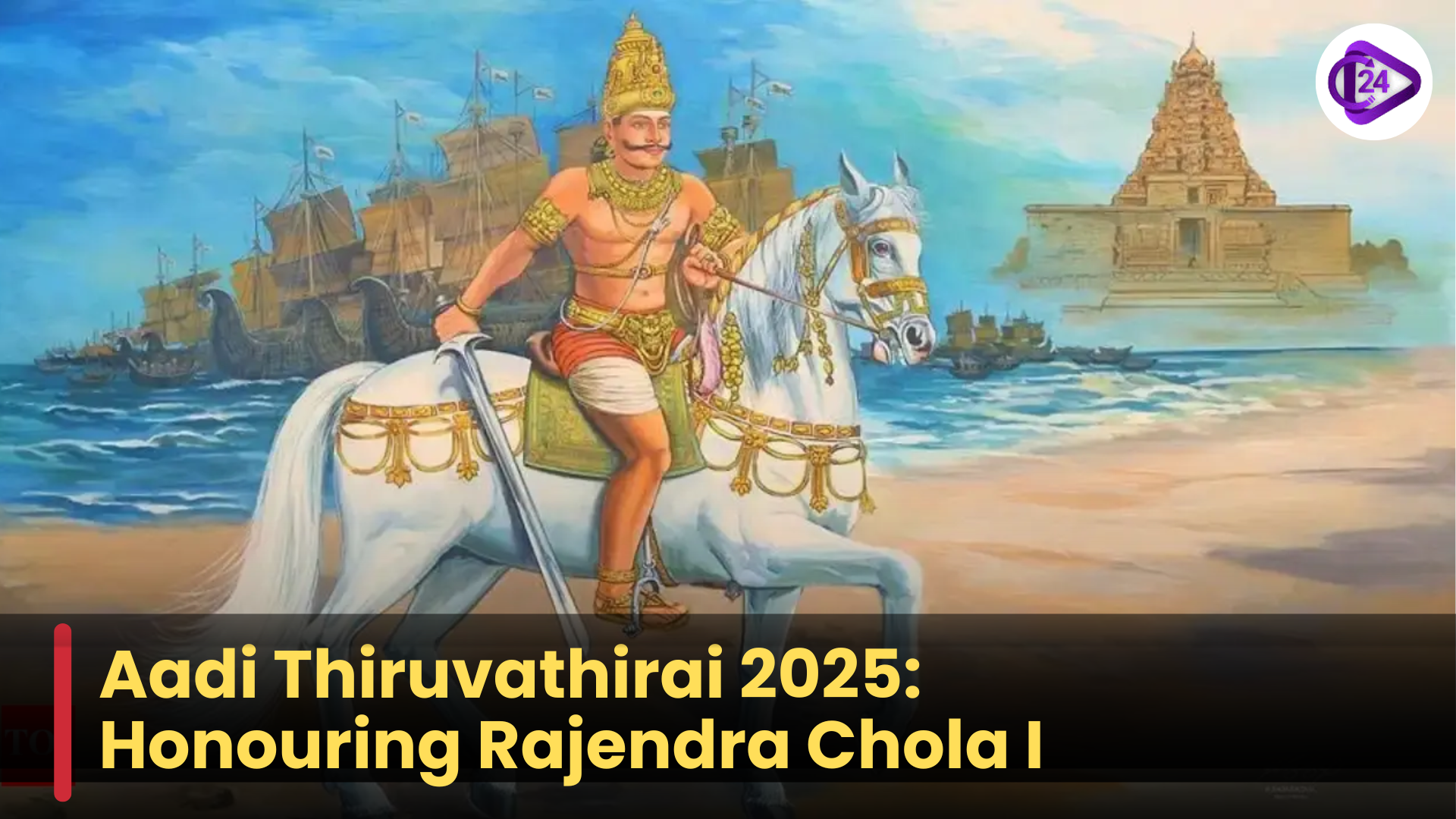 Aadi Thiruvathirai 2025: Honouring Rajendra Chola I
Aadi Thiruvathirai 2025: Honouring Rajendra Chola I






